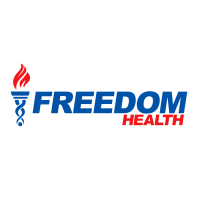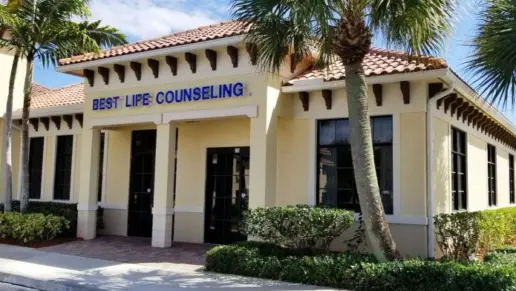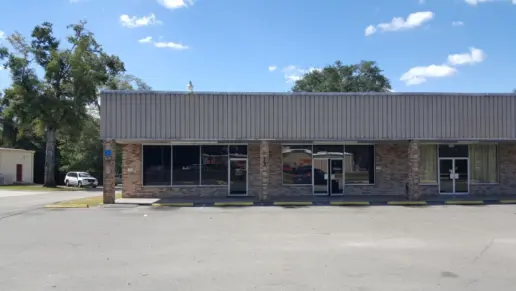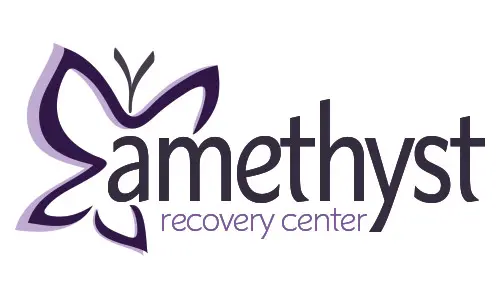About Memorial Regional Hospital
Memorial Regional Hospital in Davie, Florida, is a clinical alcohol and drug treatment facility for adults. They provide an array of programs, including medication assisted treatment and outpatient treatment. Their Behavioral Health Transition of Care program is part of a continuum of care starting with treatment in an emergency room or an inpatient facility. They treat clients with a whole person approach that seeks to treat both the root causes of addictive behaviors and co-occurring disorders. They work closely with the rest of their services and local community resources to support clients.
Detox is the first step of treatment for clients with severe symptoms. During medication assisted treatment, you’ll live on campus under close 24 hour supervision from the medical staff, who provide ongoing care and education as clients undergo withdrawal symptoms. As needed, providers can administer FDA-approved addiction medications to alleviate the physical pain of withdrawal, curb cravings, and minimize the risk of relapse. Following successful detox, staff will help clients determine the best treatment plan for them to pursue.
Memorial’s STAR program is an outpatient treatment program for adults 18 and older struggling with addiction. Unlike a residential program, where clients stay on campus for the length of their treatment program, STAR instead sees clients visit the hospital on a regular schedule to meet with their care team and receive treatment. STAR utilizes a whole person approach to uncover the cause and triggers of addictive behaviors. After meeting with a licensed clinician for a comprehensive assessment, clients will attend group therapy sessions three to five times a week, meet with their personal therapist every week, and receive medication management if necessary.
STAR typically lasts six to eight weeks, though the overall length can vary if you have severe symptoms or a long history of substance abuse. STAR combines therapy treatments with primary care services, medical evaluations and toxicology screenings, and ongoing recovery support for a fully supportive comprehensive treatment program.
Memorial Regional Hospital is in-network with most private insurance providers. They also accept Medicare and Medicaid. Ask your provider to verify your coverage as out of network benefits may vary.
Facility Overview
Latest Reviews
Rehab Score
Gallery
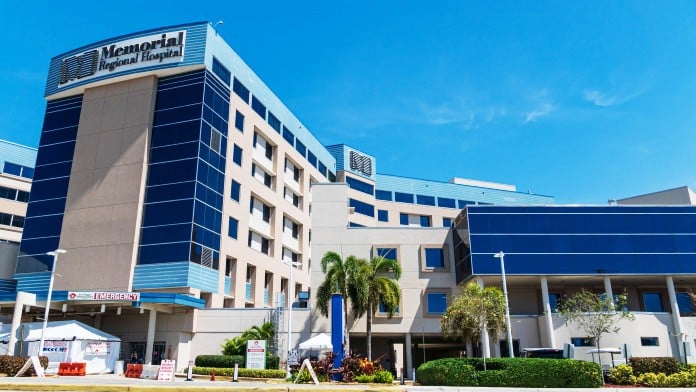

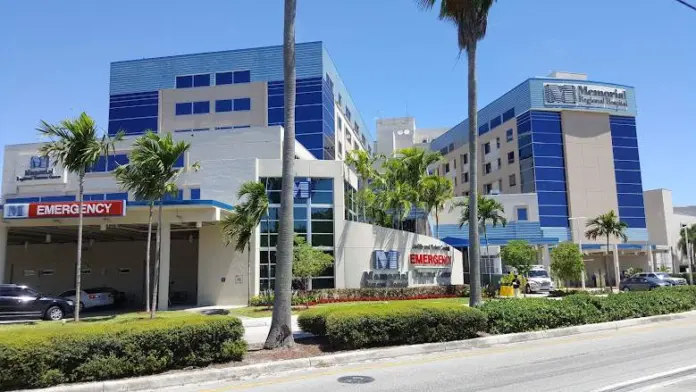
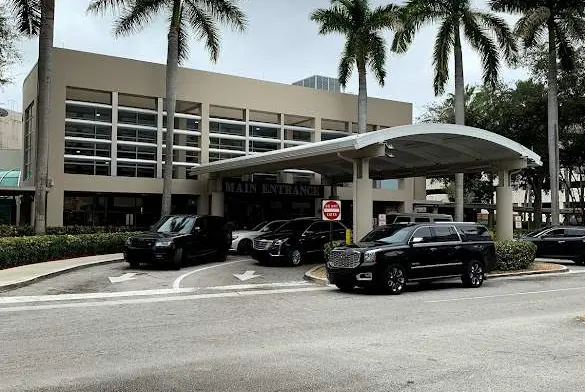
Location
Accepted Insurance
Other Forms of Payment
Medicaid is a state based program that helps lower-income individuals and families pay for healthcare. Medicaid covers addiction treatment so those enrolled can use their coverage to pay for rehab. When a program accepts Medicaid the client often pays very little or nothing out of their own pocket.
Private insurance refers to any kind of healthcare coverage that isn't from the state or federal government. This includes individual and family plans offered by an employer or purchased from the Insurance Marketplace. Every plan will have different requirements and out of pocket costs so be sure to get the full details before you start treatment.
Self-pay involves paying for treatment out of your own pocket. You can use savings or credit, get a personal loan, or receive help from family and friends to fund your treatment. If you don't have insurance or your insurance plan doesn't cover a specific program, self-pay can help ensure you still get the care you need.
Financial aid can take many forms. Centers may have grants or scholarships available to clients who meet eligibility requirements. Programs that receive SAMHSA grants may have financial aid available for those who need treatment as well. Grants and scholarships can help you pai for treatment without having to repay.
Medicare is a federal program that provides health insurance for those 65 and older. It also serves people under 65 with chronic and disabling health challenges. To use Medicare for addiction treatment you need to find a program that accepts Medicare and is in network with your plan. Out of pocket costs and preauthorization requirements vary, so always check with your provider.
Military members, veterans, and eligible dependents have access to specific insurance programs that help them get the care they need. TRICARE and VA insurance can help you access low cost or no cost addiction and mental health treatment. Programs that accept military insurance often have targeted treatment focused on the unique challenges military members, veterans, and their families face.
Addiction Treatments
Levels of Care
Treatments
Many of those suffering from addiction also suffer from mental or emotional illnesses like schizophrenia, bipolar disorder, depression, or anxiety disorders. Rehab and other substance abuse facilities treating those with a dual diagnosis or co-occurring disorder administer psychiatric treatment to address the person's mental health issue in addition to drug and alcohol rehabilitation.
Mental health rehabs focus on helping individuals recover from mental illnesses like bipolar disorder, clinical depression, anxiety disorders, schizophrenia, and more. Mental health professionals at these facilities are trained to understand and treat mental health issues, both in individual and group settings.
Programs


Clinical Services
Cognitive Behavioral Therapy (CBT) is a therapy modality that focuses on the relationship between one's thoughts, feelings, and behaviors. It is used to establish and allow for healthy responses to thoughts and feelings (instead of unhealthy responses, like using drugs or alcohol). CBT has been proven effective for recovering addicts of all kinds, and is used to strengthen a patient's own self-awareness and ability to self-regulate. CBT allows individuals to monitor their own emotional state, become more adept at communicating with others, and manage stress without needing to engage in substance abuse.
Whether a marriage or other committed relationship, an intimate partnership is one of the most important aspects of a person's life. Drug and alcohol addiction affects both members of a couple in deep and meaningful ways, as does rehab and recovery. Couples therapy and other couples-focused treatment programs are significant parts of exploring triggers of addiction, as well as learning how to build healthy patterns to support ongoing sobriety.
Dialectical Behavior Therapy (DBT) is a modified form of Cognitive Behavioral Therapy (CBT), a treatment designed to help people understand and ultimately affect the relationship between their thoughts, feelings, and behaviors. DBT is often used for individuals who struggle with self-harm behaviors, such as self-mutilation (cutting) and suicidal thoughts, urges, or attempts. It has been proven clinically effective for those who struggle with out-of-control emotions and mental health illnesses like Borderline Personality Disorder.
Experiential therapy is a form of therapy in which clients are encouraged to surface and work through subconscious issues by engaging in real-time experiences. Experiential therapy departs from traditional talk therapy by involving the body, and having clients engage in activities, movements, and physical and emotional expression. This can involve role-play or using props (which can include other people). Experiential therapy can help people process trauma, memories, and emotion quickly, deeply, and in a lasting fashion, leading to substantial and impactful healing.
Research clearly demonstrates that recovery is far more successful and sustainable when loved ones like family members participate in rehab and substance abuse treatment. Genetic factors may be at play when it comes to drug and alcohol addiction, as well as mental health issues. Family dynamics often play a critical role in addiction triggers, and if properly educated, family members can be a strong source of support when it comes to rehabilitation.
Group therapy is any therapeutic work that happens in a group (not one-on-one). There are a number of different group therapy modalities, including support groups, experiential therapy, psycho-education, and more. Group therapy involves treatment as well as processing interaction between group members.
In individual therapy, a patient meets one-on-one with a trained psychologist or counselor. Therapy is a pivotal part of effective substance abuse treatment, as it often covers root causes of addiction, including challenges faced by the patient in their social, family, and work/school life.
Nutrition therapy, aka medical nutrition therapy (MNT), is a way of treating physical, emotional, and medical conditions through diet. Specific dietary plans are designed by professional nutritionists or registered dietitians, and patients follow them in order to positively affect their physical and mental health.
Trauma therapy addresses traumatic incidents from a client's past that are likely affecting their present-day experience. Trauma is often one of the primary triggers and potential causes of addiction, and can stem from child sexual abuse, domestic violence, having a parent with a mental illness, losing one or both parents at a young age, teenage or adult sexual assault, or any number of other factors. The purpose of trauma therapy is to allow a patient to process trauma and move through and past it, with the help of trained and compassionate mental health professionals.
Staff
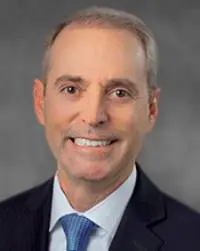
Interim Chief Executive Officer

Executive Vice President and Chief Operating Officer

Senior Vice President and President of Memorial and Joe DiMaggio Children’s Hospital Foundations

Associate Chief Medical Officer

Executive Vice President and Chief Medical Officer

Executive Vice President and Chief Financial Officer

Chief Executive Officer

Senior Vice President and Chief Digital Officer
Contact Information
3501 Johnson St
Hollywood, FL 33021











